Why are Doctors Calling Vitargo ‘Fighters Gold?’
13 June, 2023
Blog
Mastering Your Pre, Intra and Post Workout Nutrition
By: admin
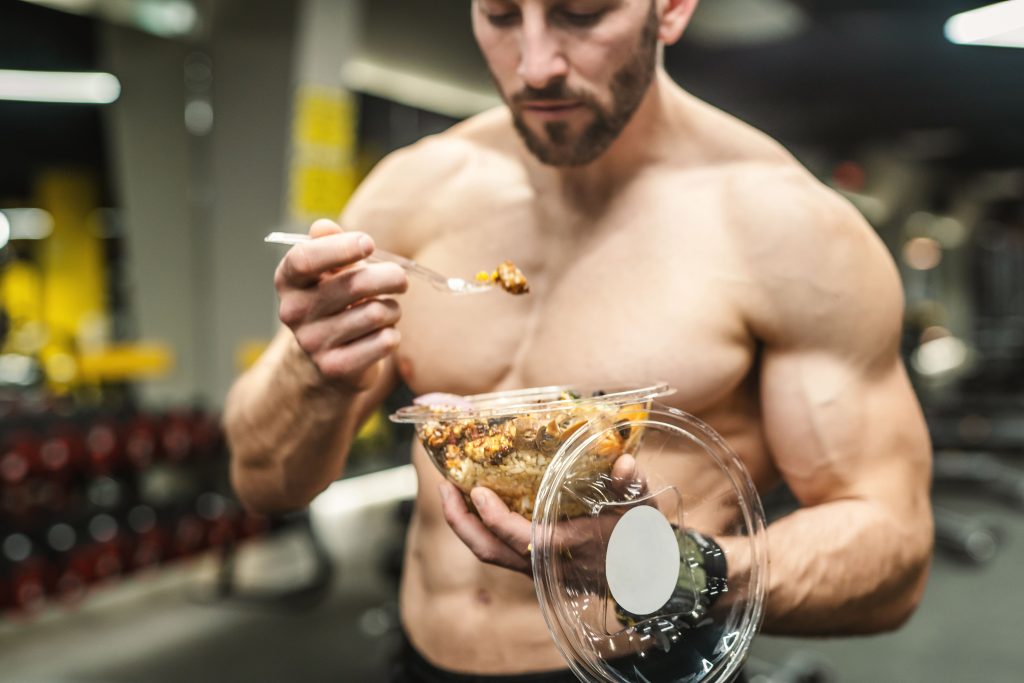
If it feels like you lose steam and get weaker during training or your recovery is taking longer than it should…
There’s a good chance that your nutrition is the reason your performance and recovery is suffering.
The foods you eat (or don’t eat) will determine your training intensity and how well you can recover to get stronger and faster.
The reality is if you’re not fueling your body properly around your training then your hard work can easily swirl down the drain and go to waste.
It wouldn’t make sense to buy a luxury car and constantly leave the gas tank empty while driving it at high speeds right?
The food you put in your body around workouts is the same idea.
What you eat before, during and after a training session can be the difference between winning competitions and hitting PR’s or being middle of the pack.
In this article I’m going to share why pre, intra and post training nutrition is so important and give you some ideas of simple meals and snacks that can work for you.
Before we get into the specifics of what macronutrients and foods to eat we should chat a bit about the people who eat nothing before workouts.
Is Training On An Empty Stomach Hurting Your Performance?
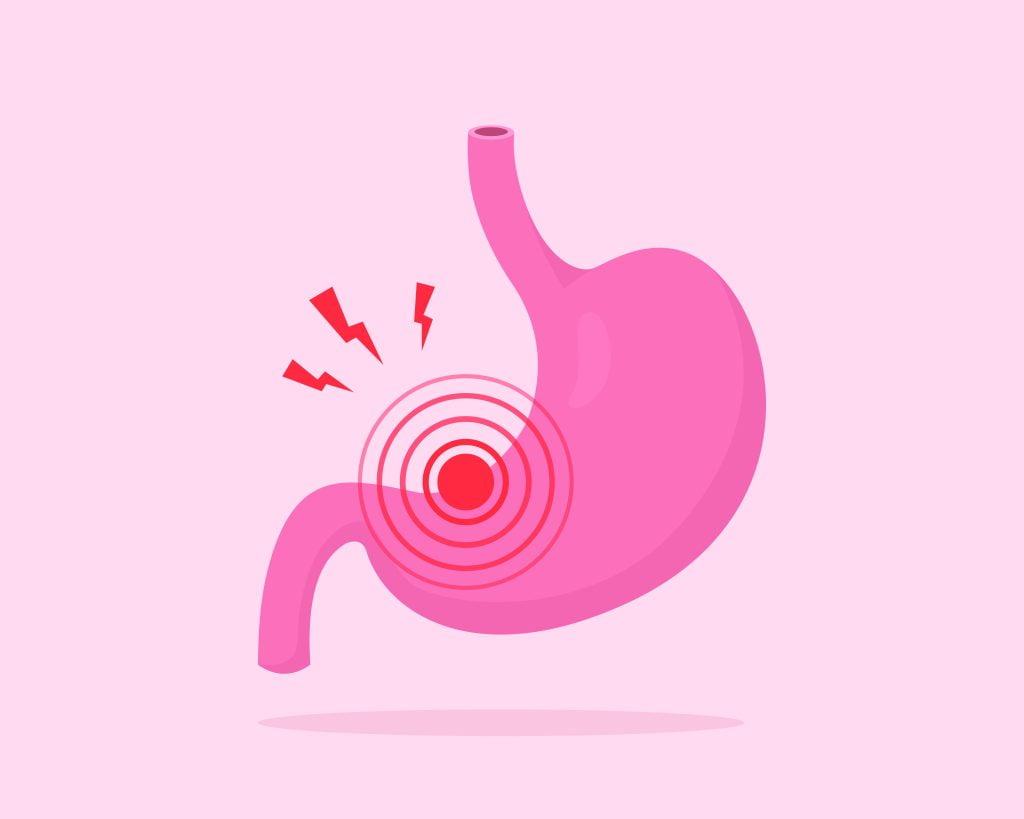
There’s a number of people who don’t like to train with food in their stomach because it can make them feel heavy and nauseous.
Some of these folks will be intermittent fasters, and others just feel better training with no food in their stomach.
If this sounds like you?
Just know there is a trade off that comes with this approach.
You may feel sharper during your workouts, but you’ll also notice that you feel weaker or don’t have that extra gear in longer or more intense training sessions.
If you’re someone who likes to train fasted for longer than 45 minutes I’d suggest having our fastest mouth-to-muscle carb drink Vitargo and a high quality protein shake.
What Foods Should You Eat?
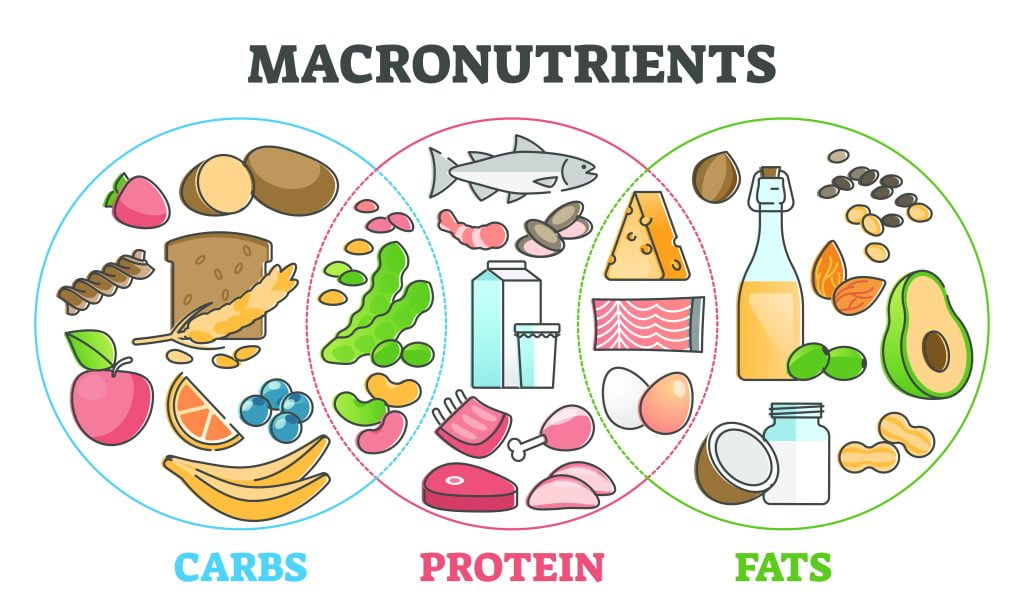
What works best for you is going to be highly individualized, and there is no one size fits all when it comes to nutrition.
Everything in this article is a suggestion for you to test and see how it works for you personally to perform and recover at your best.
I will provide some principles that work for most athletes, however you need to refine and dial these principles in to make your nutrition fit with your needs.
For most athletes the nutrition before and after your workouts should be higher protein, higher carb with lower fat and fiber.
This usually workouts to be 25-40 grams of protein, 25%+ of your daily carb intake and whatever fats come along with the protein and carbs you’re eating.
You don’t have to go crazy extremes to drop your fat intake pre and post workout.
We just don’t want this to be a higher fat meal so choosing leaner proteins and not adding a bunch of high fat sauces is recommended.
As a real life example:
So if your daily total for macronutrients is 180 grams of protein, 300 grams of carbs and 85 grams of fat this is what a pre and post workout meal could be:
35 grams of protein, 75 grams of carbs and less than 15 grams of fat.
You can also use the macro calculator linked below to get a starting point on how many calories and what your macro breakdown could look like.
Click HERE for the free Macro Calculator
Keep in mind these aren’t hard and fast rules, but instead suggestions for you to test out and see how well they work for you as an individual.
A Few Principles To Maximize Performance And Recovery
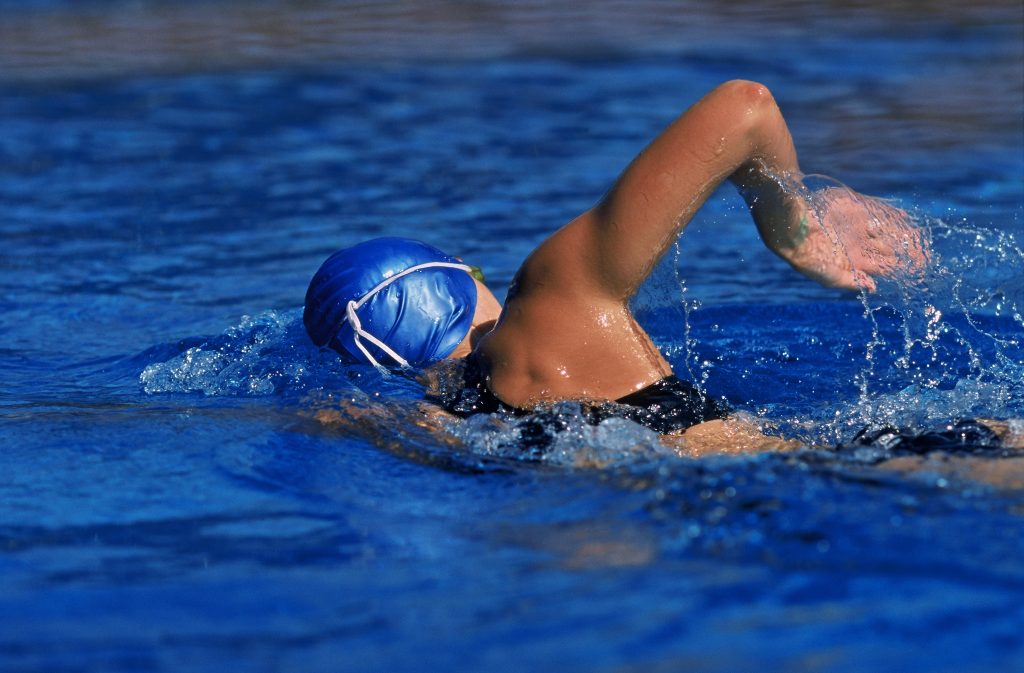
Consume high quality whole foods whenever possible, as these give your body more nutrients to support growth, recovery and performance.
High quality whole foods will give you longer lasting energy and will help to keep you from getting hungry mid training as they are more satiating.
For those of you who can’t train with food in your stomach there’s two different ways to tackle this…
You can eat further away from training (2-3 hours) or you can leverage liquid nutrition in the form of Vitargo for carbs and a high quality protein shake.
First, after you train you’ll need protein to repair and rebuild the muscles and tissues you broke down in training.
Second, but just as important is carbs. Unfortunately over the past few years people have been on a crusade to demonize carbs.
Yet, carbs are vital for your performance and recovery because they give you a fast acting source of energy and fuel and help trigger the recovery process in your muscles.
Lastly, we have fat which does play a vital role in your performance and recovery, however in the pre and post workout meals we want to keep fats lower.
Fat digests slower so pre workout it can make your stomach feel heavier, and after a workout it slows how quickly you can shuttle nutrients into the muscles.
It’s important to note that you don’t want to drop your fat intake too low because it plays vital roles in your overall health, performance and recovery.
We just want to avoid high fat meals right before and after a workout.
Here’s some general ideas for pre and post-workout nutrition:
Pre-workout: Consume a meal or snack that contains higher carbohydrates and protein about 1-3 hours before exercise. Minimize fats and fiber in this meal.
Examples of pre-workout meals and snacks:
- Meat and rice (small amount of veggies optional)
- Oatmeal with fruit and protein powder mixed in
- A smoothie with bananas, protein powder and low fat milk.
- Oatmeal, low fat greek yogurt and fruit mix together with honey on top
- Turkey and cheese sandwich (light on mayo)
- Eggs and potatoes
- Smoothie made with yogurt and fruit.
- Vitargo mixed with BCAAs or protein powder
Intra workout: If you need intra workout nutrition will be determined by the intensity and duration of your training. If you are training at a high intensity for longer than 60-75 minutes then some intra workout nutrition can help.
- Drink plenty of water with electrolytes to stay hydrated.
- Consider consuming a carbohydrate drink like Vitargo if you are training at a high intensity for more than 60-75 minutes.
- Intra training nutrition supports increased energy, strength, endurance and also prevents muscle and mind fatigue as well.
Post-workout: Consume a meal or snack that contains higher protein and carbohydrates with lower fiber and fats. Ideally consume this meal within 1-2 hours after finishing the workout.
Post workout nutrition shuttles nutrients into the muscles and kick starts the repair and rebuilding of muscles that were broken down in training.
Examples of post-workout meals and snacks:
- Grilled chicken with potatoes
- Meat and rice (small amount of veggies optional)
- Tofu and rice stir-fry (small amount of veggies optional)
- Smoothie made with protein powder, frozen fruit and honey.
- Oatmeal with fruit and protein powder mixed in
- A smoothie with bananas, protein powder and low fat milk.
- Turkey and cheese sandwich (light on mayo)
- Vitargo mixed with protein powder
You can mix and match these pre and post workout meals.
The main difference is in a post workout meal you’ll want more carbs and protein.
The food choices can stay the same as long as they remain higher protein and carb with lower fat and fiber.
Why Hydration and Electrolytes Matter For Your Performance
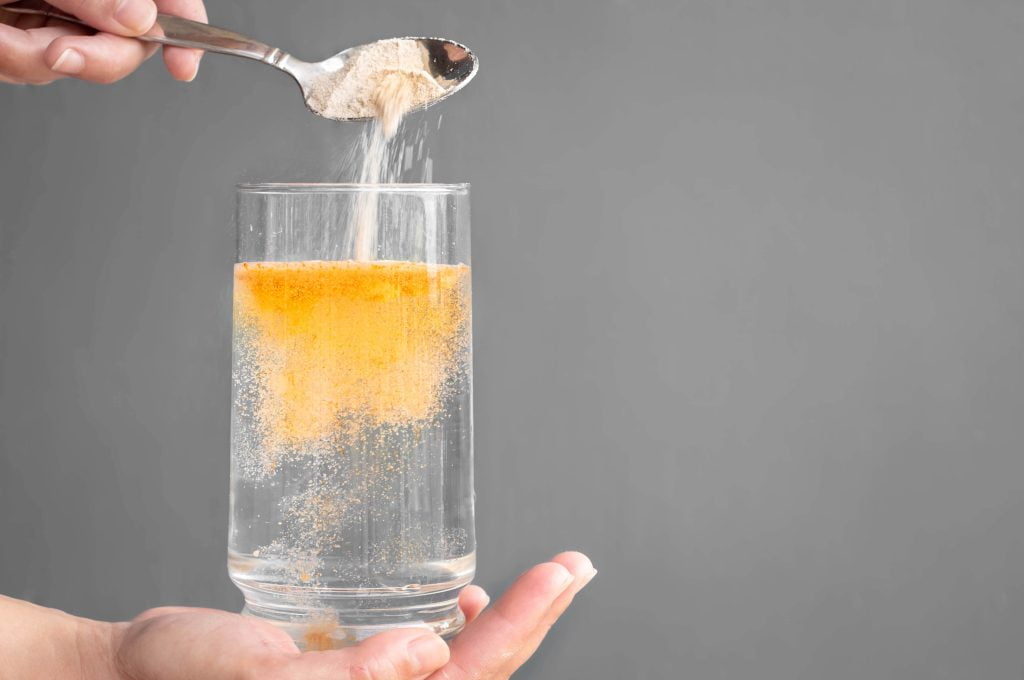
Hydration is a commonly neglected topic when it comes to performance so I wanted to touch on it lightly in this blog.
Just as with all other aspects of nutrition your hydration needs will depend on the intensity of your workouts, how heavily you sweat and the climate you’re training in.
To stay adequately hydrated you need more than just water, and this is where electrolytes can help when water alone isn’t cutting it.
Electrolytes are what helps your body retain water, and keeps you hydrated.
Before workouts it’s good to pre-hydrate with 16-20 ounces of water and toss in a few pinches of high quality sea salt or use an electrolyte mix.
Dehydration before and during a workout causes you to fatigue and feel a lot more tired mid training while causing worse motor function and concentration as well.
Even if you’re not a heavy sweater during training you can still become dehydrated during training through breathing and urination.
When it comes to hydration most people want to know exactly how much water they should drink, but it’s going to come down to you as an individual.
Here’s an easy way to see test and gauge how much water to drink:
Take your bodyweight in pounds and divide it by half as your baseline consumption of water.
For every 15-20 minutes of training consume an extra 6-12 ounces of water.
During hard training sessions make sure to use electrolytes to replenish what you lose from sweat, breathing and urine.
Here’s a few great at home electrolyte drinks you can make that will keep you hydrated during training.
At Home Electrolyte Drinks:
- Plain Salt and water: About 30 minutes before training add 3-4 pinches of high quality sea salt to 16-20 ounces of water and drink prior to training.
- Drink Coconut water: Coconut water is a great alternative to sugary sports drinks because of its electrolyte content and the other nutrients in it. Not to mention it’s tasty and easy to toss in your gym bag.
- Robb Wolf’s Electrolyte Elixir: 32 ounces of water, 2 tablespoons of lemon juice, dash of stevia (optional), ½ teaspoon of salt, 400mg of potassium chloride powder, ¼ teaspoon of magnesium malate. Mix well and enjoy.
So there we have a complete breakdown on your pre, intra and post workout nutrition, and remember to play with these principles and see what works best for you.
There is no one size fits all in nutrition and the goal is to find what size fits you best!
As always at Vitargo we’re here to help and support you however we can so feel free to email us at info@vitargousa.com
featured blogs



